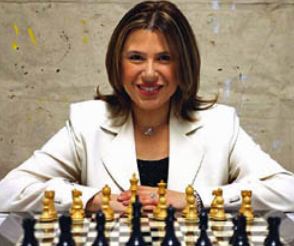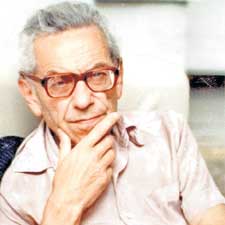
Susan Polgar – Best Chess Player of All Time?
Zsuzsanna Polgár (b. 1969) was born in Budapest, Hungary, the eldest of the famous Polgar sisters who were raised by their father as an “educational experiment” designed to prove that “geniuses are made, not born”. Polgar’s parents home-schooled her, focusing especially on chess. By the age of 4, Polgar won her first chess tournament. In the same year, she composed a novel chess problem, making her the youngest chess composer of all time. By 12, she was the world under-16 champion. At 15, she was the world’s top-rated female chess player. Breaking the gender barrier, Polgar insisted on playing against men. In 1991, she became the first female Grandmaster of chess, and in 1992, the first ever chess player (male or female) that won all 3 types of chess world championships. Among her many other accolades, she was undefeated in 56 Chess Olympiad games, winning 10 medals. Stunningly, she has set a world record by simultaneously playing 326 games (309 of which she won!) She also holds the world record for most games played (1131) and most games won (1112). Polgar was part of the “Chess for Peace” movement, and started the charitable Susan Polgar Foundation. If that’s not impressive enough, she is a writer, too, regularly contributing to various magazines, and has written 6 books. Though most of her family now lives in Israel, Susan remains in the United States and continues to serve on the World Chess Federation.
Passover Begins Monday Night! Click Here to Learn More
Words of the Week
Why was the First Temple destroyed? Because there was idolatry, promiscuity and murder. But the Second Temple, at which time they were occupied in Torah, mitzvot and charity, why was it destroyed? Because there was baseless hatred between them.
– Talmud, Yoma 9b


